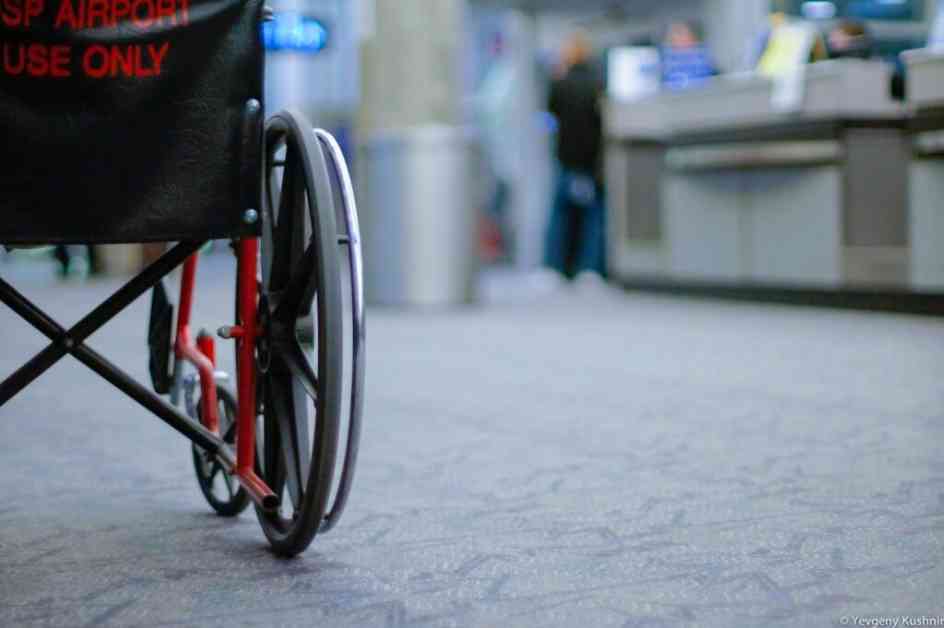Airlines Challenge Biden’s Accessibility Rules
In a bold move, several major airlines, including Texas-based Southwest Airlines and American Airlines, have united to challenge a rule set forth by the Biden administration that mandates higher standards for accommodating passengers with disabilities. This coalition, which also includes Delta, JetBlue, and United Airlines, is taking legal action to overturn the regulation, arguing that it exceeds the authority of the U.S. Department of Transportation.
The rule in question, adopted in the final month of the Biden administration and slated to go into effect between January and June, aims to elevate the treatment standards for passengers utilizing mobility devices such as wheelchairs, scooters, and walkers. Under this mandate, airlines are required to provide “safe and dignified” assistance to passengers with mobility devices, along with implementing new training protocols for airline staff. Additionally, the rule introduces heightened penalties for airlines in cases where damage occurs to a passenger’s mobility device during transport.
The backdrop of this legal battle stems from the Department of Transportation’s efforts to address the frequent challenges faced by passengers with disabilities when navigating air travel. Statistics reveal that for every 100 wheelchairs or scooters transported on domestic flights, at least one experiences damage, delay, or loss. These incidents not only disrupt travel plans but also significantly impact the quality of life for individuals with disabilities.
Legal Challenge and Industry Response
The airlines, represented by the lobbying group Airlines for America, have filed a lawsuit with the U.S. Fifth Circuit Court of Appeals in New Orleans, known for its conservative leanings. Their argument contends that the rule oversteps the agency’s authority to regulate airlines, emphasizing the industry’s ongoing efforts to enhance the travel experience for passengers with disabilities. The airlines are prepared to present evidence and legal reasoning in support of their stance that the rule should be overturned.
This legal confrontation unfolds against the backdrop of broader societal shifts related to diversity, equity, and inclusion. The Trump administration has been critiqued for its stance on DEI initiatives, with disabled workers expressing concerns about the administration’s approach to accessibility programs. The clash between the Biden administration’s rule on airline accommodations and the Trump administration’s DEI policies underscores the complex interplay between government regulations and industry practices.
Implications and Future Outlook
As this legal battle unfolds, it raises questions about the role of government oversight in shaping industry standards and ensuring equitable treatment for all passengers. The outcome of this case will not only determine the fate of the Biden-era accessibility rule but also shed light on the broader issues of disability rights and airline accommodations.
While it remains to be seen how the legal proceedings will unfold and whether the Trump administration will defend the rule, one thing is certain: this case serves as a pivotal moment in the ongoing dialogue surrounding accessibility, accountability, and equality in air travel. As passengers with disabilities continue to navigate the challenges of flying, the outcome of this legal dispute will have far-reaching implications for the future of airline regulations and passenger rights.















